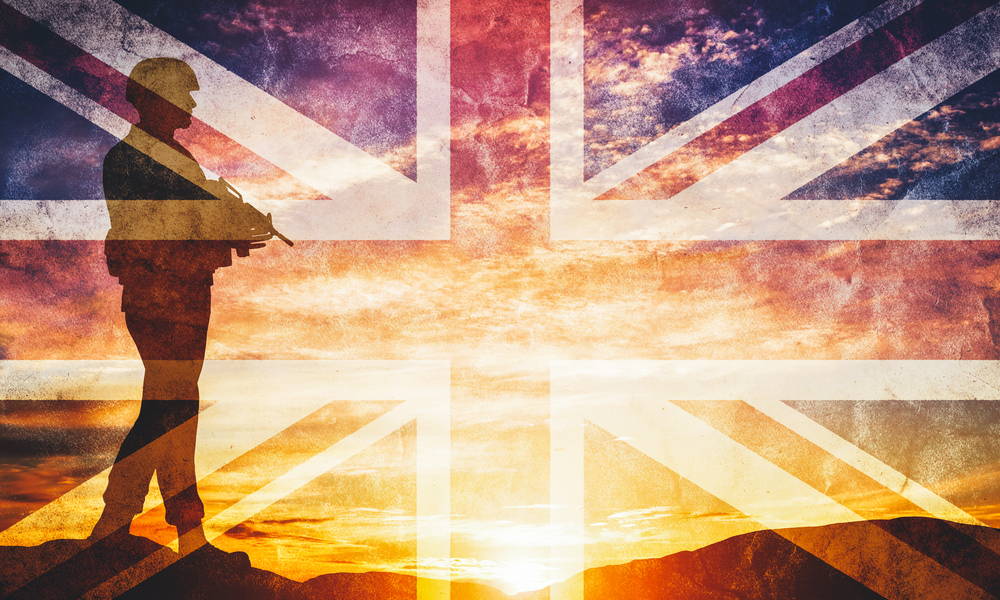
British based firm WFEL has secured a significant, multibillion dollar expansion of the British Military’s armored vehicles.
WFEL along with Rheinmetall BAE Systems Land have been asked to make 100 extra vehicles on top of the 2.8 billion British Pound deal with the British army. The total value of the contract is expected to rise to almost 4 billion USD.
British defense manufacturer WFEL which supplies mainly UK and U.S defenses reported that they have an extended deal with the British government to produce over 600 armored multipurpose vehicles named ‘Boxer’ that will be delivered in stages in the coming years.
Production is well underway at a facility in Stockport, England, and vehicles are expected to be produced in Germany and England with delivery beginning in 2023. There reportedly are multiple variations of the 8 x 8 wheeled vehicles including field ambulances, command vehicles, armored carriers, and specialist carriers This comes after the United Kingdom decided not to increase its budget in light of the was in Ukraine.
These vehicles have much better technical capabilities than what is currently available on the market. WFEL saying: “(The) Boxer is a state-of-the-art wheeled armored vehicle that offers outstanding mobility and protection. Boxer will form an integral part of the British Army’s new Strike Brigade capabilities and shall have a service life of over 30 years.” The Boxer was selected by Australia as its infantry carrier choice and is seen as top class by NATO members.
British Defence Procurement Minister Jeremy Quin said: “This order will accelerate the delivery of the Boxer fleet to the British Army and increase its numbers. The land equipment upgrade is a vital element of the Integrated Review, on which we continue to deliver. Doing so, alongside our German allies, creates opportunities for both our Armed Forces.”
Chris Bushell, Director General Land, Defence Equipment and Support, and the Procurement arm of the Ministry of Defense said: “Not only is this great news for the future of the British Army but it will also boost our commitment to investing in the UK’s defense industry and supply chains, meaning we can retain critical engineering and manufacturing skills in the UK.”
